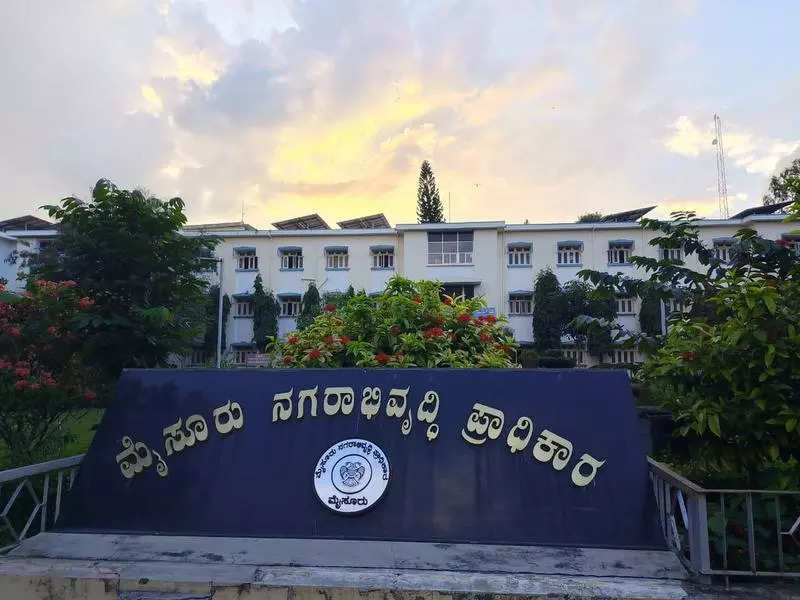
MYSURU: Mysuru Urban Development Authority (Muda) has initiated the transfer of 900 residential layouts on the city’s outskirts to urban local bodies (ULB), bringing relief to 38,224 site owners.
Muda administrator and deputy commissioner G Lakshikantha Reddy is overseeing this transition, which will enable site owners to obtain their pending khatas for years.
During a recent meeting, G Lakshmikanth Reddy announced the transfer of these layouts, including 194 parks developed across 3,830 acres and eight guntas of land. The areas fall under newly formed local bodies, including Hootagally CMC, Bogadi Town Municipal Council, Kadakola, Srirampur, Rammanahalli town panchayats, and 19 gram panchayat limits.
The initial phase involves transferring 200 fully developed residential layouts with complete infrastructure to Hootagally City Municipal Council on Nov 8. Chief minister Siddaramaiah and district minister HC Mahadevappa are expected to attend this meeting.
Muda has planned the systematic transfer of remaining layouts to local authorities. The first phase will benefit 15,085 site owners who can receive khatas from their local bodies after the transfer process.
Despite local bodies having authority to collect property taxes and maintain amenities, Muda previously restricted their ability to issue khatas.
In July, Muda stopped issuing khatas for sites under local authorities, causing difficulties for developers, buyers, and residents in obtaining loans and transferring properties. Residents faced challenges in securing loans against their properties for education, medical expenses, and other needs due to the absence of khata transfer documents.
Muda administrator Lakshmikanth Reddy told TOI that the transfer process would be transparent and systematic.
He instructed local bodies to conduct joint surveys and prepare development work lists before the Nov 8 meeting, ensuring proper documentation for govt grants.
Chamundeshwari MLA GT Devegowda supported the transfer, noting it would benefit residents with access to Cauvery and Kabini drinking water, particularly in areas like Bogadi Town Municipal Council where people rely on borewells. He emphasised the importance of maintaining transparency throughout the process.